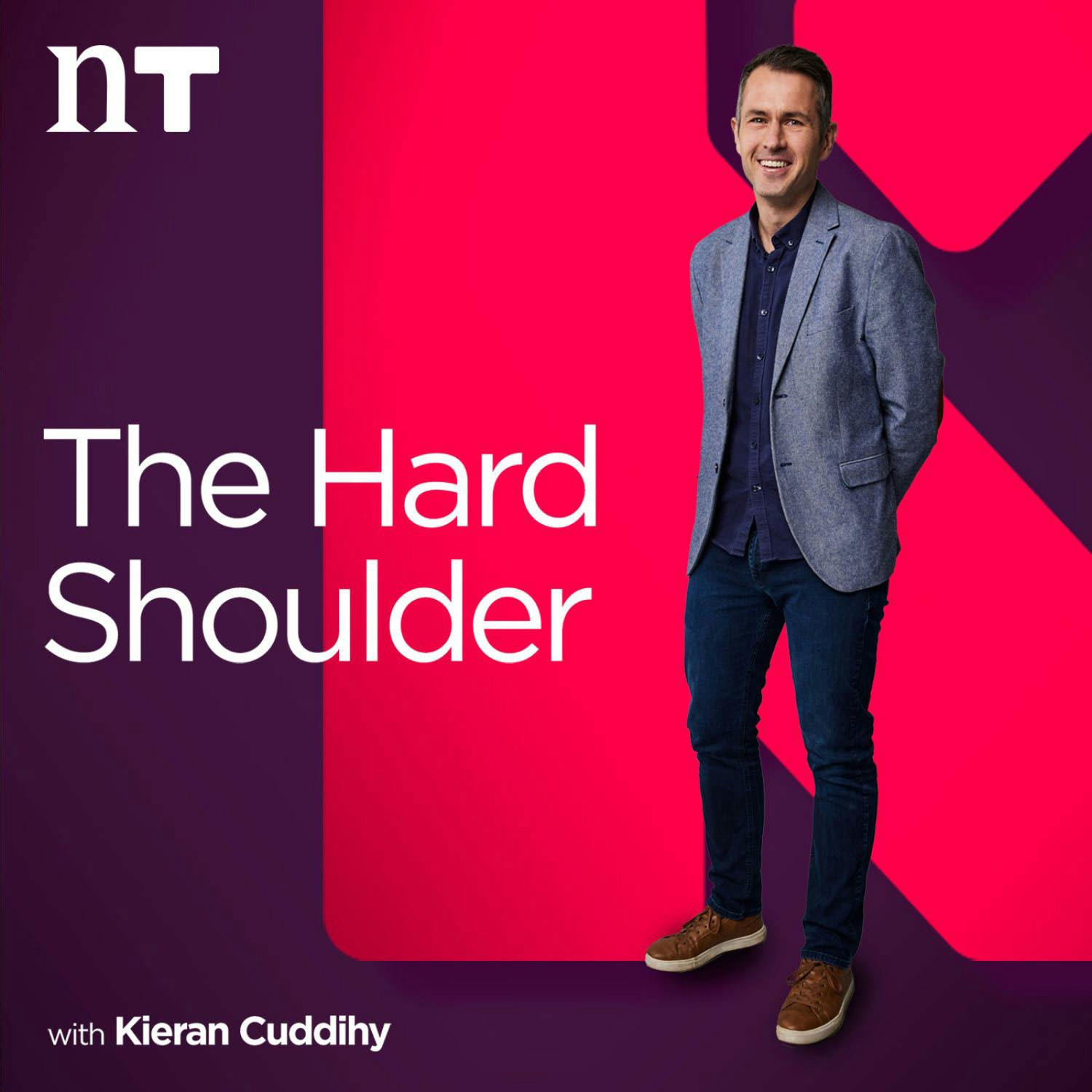
Deep Dive
Shownotes Transcript
Open Source AI is available to all, not just the few. Meta's Open Source is free to use, enabling startups like Zaron to innovate. Here's CEO and co-founder, Dr. Cal Clark. We've built a tool with Lama, Meta's Open Source AI model, to help radiologists double-check their diagnoses. We're able to collaborate with universities to further radiology education and catch more errors. Learn how others are building with Meta's free Open Source AI at ai.meta.com slash open.
So Brian Johnson is this entrepreneur. He's been described as a biohacking multimillionaire and there's a show about him on Netflix. If you haven't seen it, a biohacking multimillionaire is somebody who decides to spend all of their money trying to beat death.
and live forever. But is that actually possible? Roger Highfield is with me. Roger is the science director at the Science Museum in London. Roger, it's always good to talk to you and thanks a million for taking the time to be with us. I mean, is it theoretically possible to beat death? I don't think it is.
Has anyone told Brian Johnson? I mean, you know, let's face it. Humans are kind of unique in our ability, you know, among all the animals and creatures out there to understand and anticipate death. And really, ever since human consciousness was born, we've been trying to defy death and, you know,
Chinese emperors and goodness knows what have experimented with all sorts of methods over millennia to try to put off death. And obviously science is giving us some really interesting leads at the moment. But I think what's happening is that, you know, speaking to someone who was at a kind of a health conference,
conference which is like a heady mixture of entrepreneurs and rich people and investors and scientists um you know science gives us tantalizing leads but it takes you know decades to build a lead into a treatment a lot of sort of dogged work and i think brian johnson um
He just thinks, I've got a lot of money. You know, Venky Ramakrishnan, who's written a lovely book about, an interesting book about defying death called Why We Die, he makes this joke that when today's tech billionaires were young, they wanted to be rich, and now they're rich, they want to be young.
I think he's just grasping at straws. There's a lot of interesting leads out there, but very few things have been properly tested. And the fact that he's just given up on a drug that a lot of people were claiming could have anti-aging effects just shows you that, you know, just throwing a whole load of untested treatments at your body is not a way to do it. What medically speaking or biologically speaking, what what?
What is the kind of the rock that they eventually all kind of wash up on? You know, assuming people don't get contract an actual illness with all the intervention in the world, what actually happens that, you know, your heart stops beating and your brain shuts down? Well, I think you have to ask a very basic question about what has Mother Nature designed us to do? It's a bit of an anthropomorphic way to put it. And
You know, we're designed to pass our genes on to future generations. And frankly, once we've done that, nature doesn't really care how old we get so long as our genes thrive and survive. So, you know, our goal is not to live forever, but it's to produce offspring. And so, you know, there are lots of processes at work in the body that have to be
unravelled or defied to defy ageing
And at the moment, I don't see any very convincing evidence that we can live significantly longer than, say, I'm guessing now 130 years or something like that. You look at the longest living people on the planet. I mean, I think sensible people are not focused on how long we live, but the quality of life, you know, and just to make sure that if you live to the age of 100, that you have 100 people
years when you're functioning at full capacity that seems something a much more sensible objective than saying we should all live to be 500 years old because 400 years of it could be you know drooling in a dementia clinic and we none of us want to have that um what then the kind of sage advice is it the age-old advice
Yeah, you know, I think it's interesting, even Brian Johnson himself, you know, he's tried all sorts of things like, you know, blood transfusions from his teenage son, which again, studies of mice showed had a rejuvenating effect. You know, he's gone to very extreme things. But if you, if push comes to shove, it's still down to exercise, sleep, eating well and sensibly and enjoying life. You know, so I think
I think we've all got the recipe there in our grasp. We've just got to be quite rigorous in applying it. Roger, listen, it's always great to talk to you. So thank you. Roger Highfield is a science director at the Science Museum in London. I'm always...
Reminded in these conversations, you know when people say, who would want to live to be 100? Ask the 99-year-old. Anyway, we might come back to that another day as Brian Johnston's schemes begin to unravel around him. As Roger says, he's already discounted one of these miracle pills that he was on to keep him young forever. The Hard Shoulder with Ciarán Cudahy. With the MG Hybrid and Electric range. Weekdays from 4 on Newstalk.
